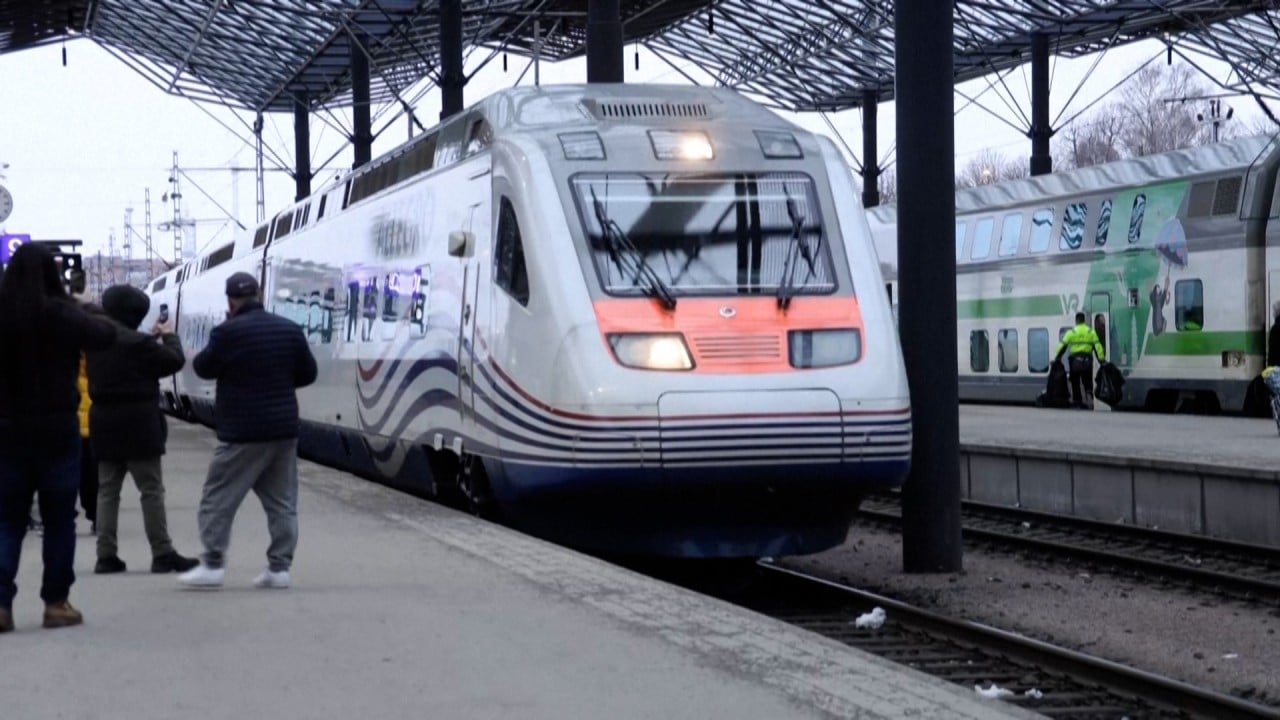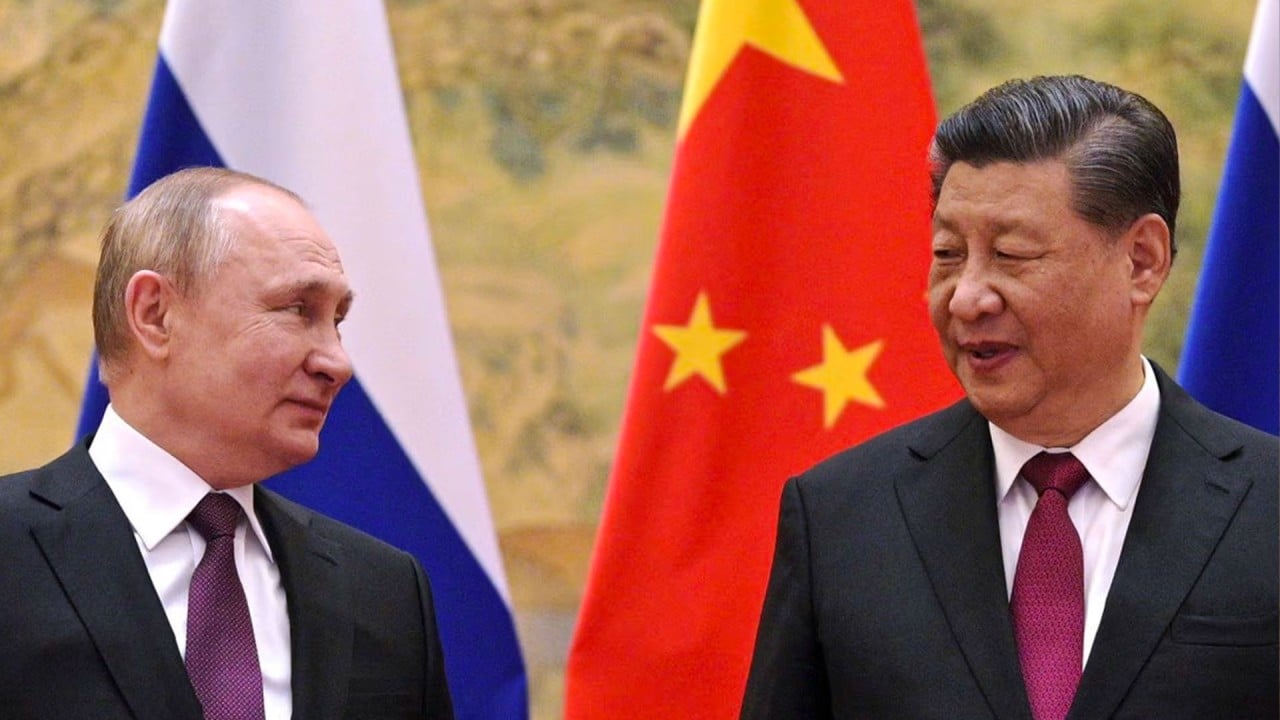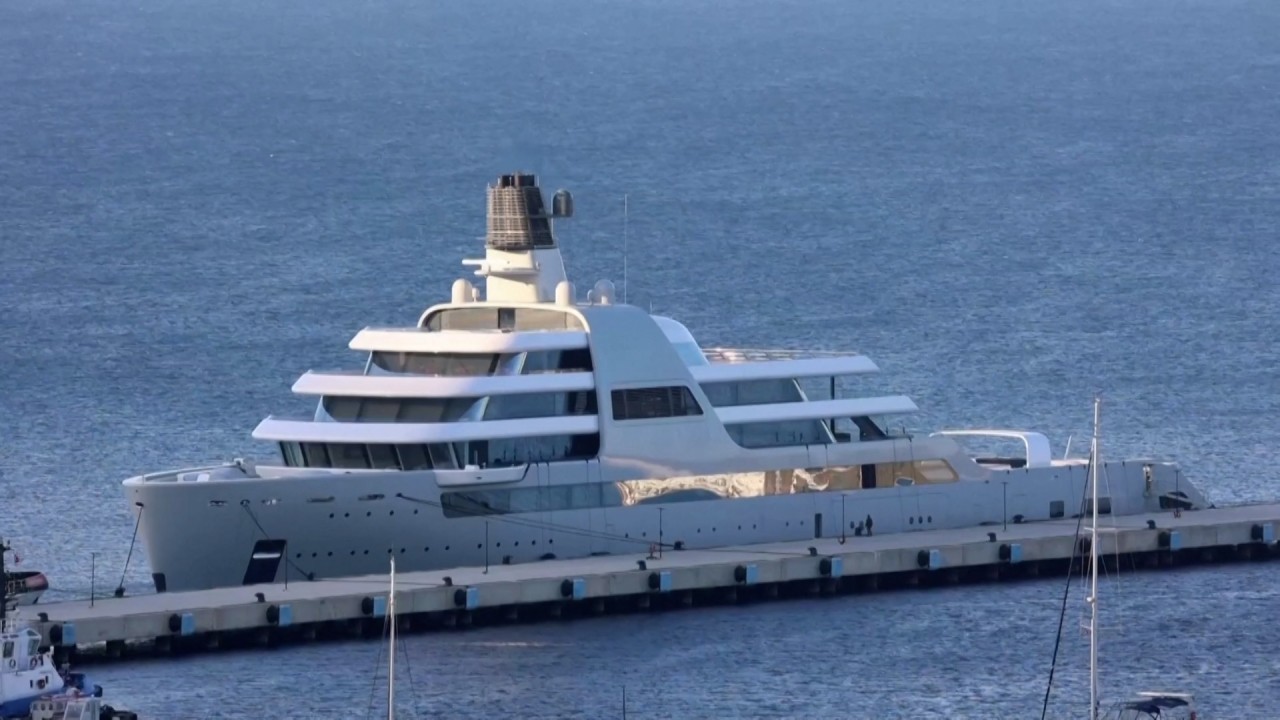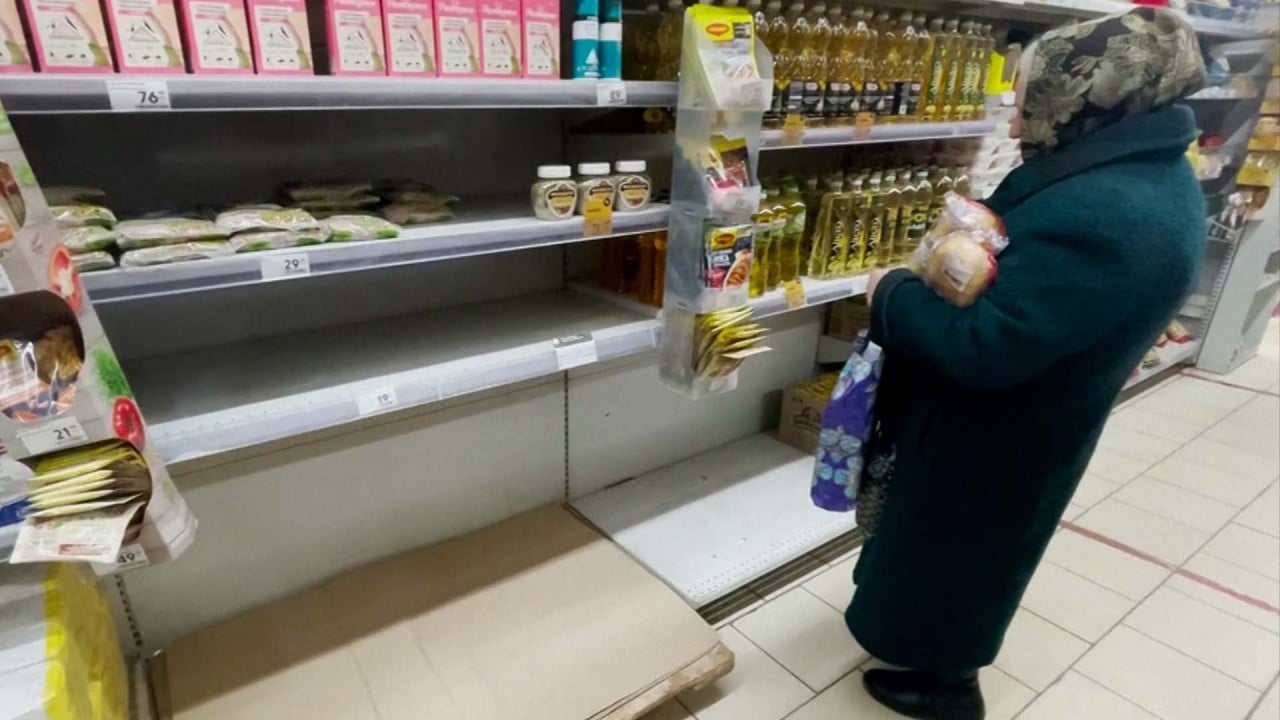
Ukraine conflict: Rusal’s best decade may end as customers flee, costs soar amid Russia sanctions
- Rusal’s 2021 net profit more than quadrupled to a record US$3.22 billion, topping the previous peak in 2010 by 12 per cent
- Rusal had been riding the wave of surging aluminium prices, which jumped 41 per cent last year to an average of US$2,553 per tonne
Rusal’s decade-long earnings streak may come to an end, as Western sanctions after Russia’s invasion of Ukraine drive away global customers, leaving the aluminium producer to contend with soaring costs in financing, logistics and raw materials.
The world’s second-largest aluminium producer said its future is “highly uncertain” as it is unable to assess the consequences of worldwide sanctions and operational restrictions on Russian firms and individuals, as well as any countermeasures from Moscow.
“If the situation persists, or continues to develop significantly, including the loss of significant parts of foreign markets, which cannot be reallocated to new markets, it may affect the group’s business, financial condition, prospects and results of operations,” it said in a filing on Wednesday to Hong Kong’s bourse, where its shares had been listed since 2010.
The uncertainty tarnishes an otherwise stellar year for Rusal, where 2021 net profit more than quadrupled to a record US$3.22 billion, topping the previous peak in 2010 by 12 per cent. Rusal’s stock price jumped after the results were announced, soaring by as much as 9.8 per cent to an intraday high before giving up some of the gains to end the day 6.5 per cent higher at HK$4.89 in Hong Kong.
Like its industry peers Chalco, Alcoa and Rio Tinto, Rusal had been riding the wave of surging aluminium prices, which jumped 41 per cent last year to an average of US$2,553 per tonne. The price of alumina, the starting material that is refined into the finished metal, rose 18 per cent last year to US$364 a tonne.
Rusal temporarily suspended production at its alumina refinery in Ukraine on March 1, citing “unavoidable logistical and transport challenges” after the Russian military invaded its neighbour. The refinery produced 21.7 per cent of Rusal’s 2021 alumina output.
The pressure piled on, as Australia slapped an immediate ban on March 21 on the export of bauxite and alumina to Russia, heeding the sanctions led by the US and the European Union. Australia’s alumina makes up a fifth of Rusal’s needs.
That crimped Rusal’s supply of raw materials, leading to soaring procurement costs that would erode its profitability. It also needed to rebuild its logistics network after major shippers suspended bookings to and from Russia, leading to higher freight costs, it said.
Options for Rusal to redirect both bauxite and alumina supply were “quickly vanishing because of record high energy prices,” which would significantly increase processing costs for aluminium smelters, said ANZ’s commodities strategists Daniel Hynes and Soni Kumari in a note on Friday.
“Aluminium buyers will scramble to secure supply amid low inventories and strong demand,” they wrote. “The upside pressure on prices is likely to remain for the foreseeable future.”
Financial sanctions further weigh on Rusal, forcing the company to postpone its investment projects due to potential difficulties in procuring equipment. The cost of financing will also rise because Rusal will need to replace its foreign-currency debt with loans denominated in the rouble, it added.
Russia’s central bank more than doubled its key interest rate to 20 per cent on February 28. The rouble has slumped against the US dollar, falling to as low as 154 on March 7 from 83.3 on February 28. It surged by more than 3 per cent to 87.8 against the dollar on Wednesday morning, after Moscow said it would “drastically reduce” military combat operations in Ukraine to boost trust in peace talks.
The benchmark three-month aluminium futures contract on the London Metal Exchange fell 4.6 per cent to US$3,470 a tonne on Tuesday after the announcement of Russia’s reduced military action, from the record high of US$3,867 a tonne on March 4.
Higher prices in Europe will gradually divert Chinese exports to plug supply gaps there, while Russian products will flow into China, said Galaxy Futures analyst Wang Yingying in a note on Thursday.
How long it takes for global demand-supply balance to be restored depends on stock levels besides production and shipping lead time, he noted.





